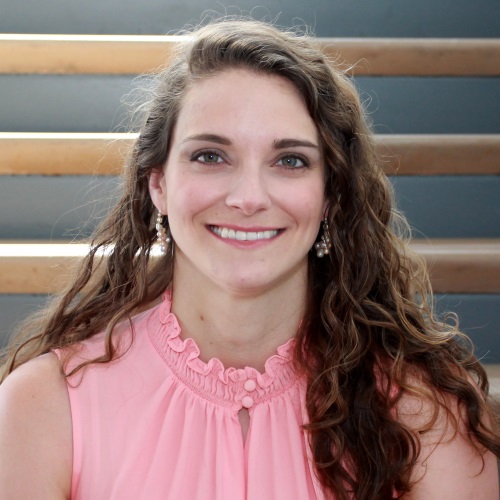Informatics Researchers Receive $1.2M to Improve Software Accessibility Testing Tools



When Informatics Professors Sam Malek and Iftekhar Ahmed, and Ph.D. student Abdulaziz Alshayban, first studied accessibility issues in mobile applications, they found that close to 96% of the top 1,000 mobile apps in the Google Play Store had severe accessibility issues. In other words, they found people with disabilities — who account for approximately 15% of the world population — can’t properly use these apps. “Quite honestly, Iftekhar and I were shocked by the prevalence of accessibility issues in these popular apps,” says Malek. “After conducting additional studies with developers, we realized part of the problem has to do with the fact that developers (1) do not have a good understanding of accessibility guidelines and best practices, and (2) there are not many good tools available to help developers detect and fix accessibility issues prior to making their apps available on the app store.”
To address this, Malek and Ahmed teamed up with their colleague Stacy Branham, associate professor of informatics, who has been at the forefront of software accessibility research for many years. With $75,000 in seed funding from UCI’s Donald Bren School of Information and Computer Sciences (ICS), the trio of researchers started exploring ways to improve the state of software accessibility, particularly in the domain of mobile computing.
“We identified certain gaps in what the current software accessibility testing tools detect versus the accessibility issues that affect the users,” says Malek. “Notably, we found that existing analysis techniques do not consider how users with disability actually interact with apps, which is through the use of assistive technologies, such as screen readers or switch-access keyboards.”
Now, with $1.2 million in funding from the National Science Foundation (NSF), the researchers plan to develop improved software accessibility testing tools that identify real-world issues — as opposed to current tools, which often flag superficial issues that, in practice, don’t affect users with disabilities. Their new NSF project, “Automated Software Engineering Techniques for Improving the Accessibility of Software,” creates a foundation for building innovative technologies, letting users with vision and motor impairments better interact with software.
“A key thrust of our project is to develop a new breed of accessibility analysis tools that will produce more useful results by incorporating the assistive technologies into the analysis,” says Malek. “We will then aim to automatically fix these issues through a variety of techniques, including through the use of machine learning. We will conduct extensive user studies to evaluate the utility of our techniques with both developers and users with disabilities.”
— Shani Murray